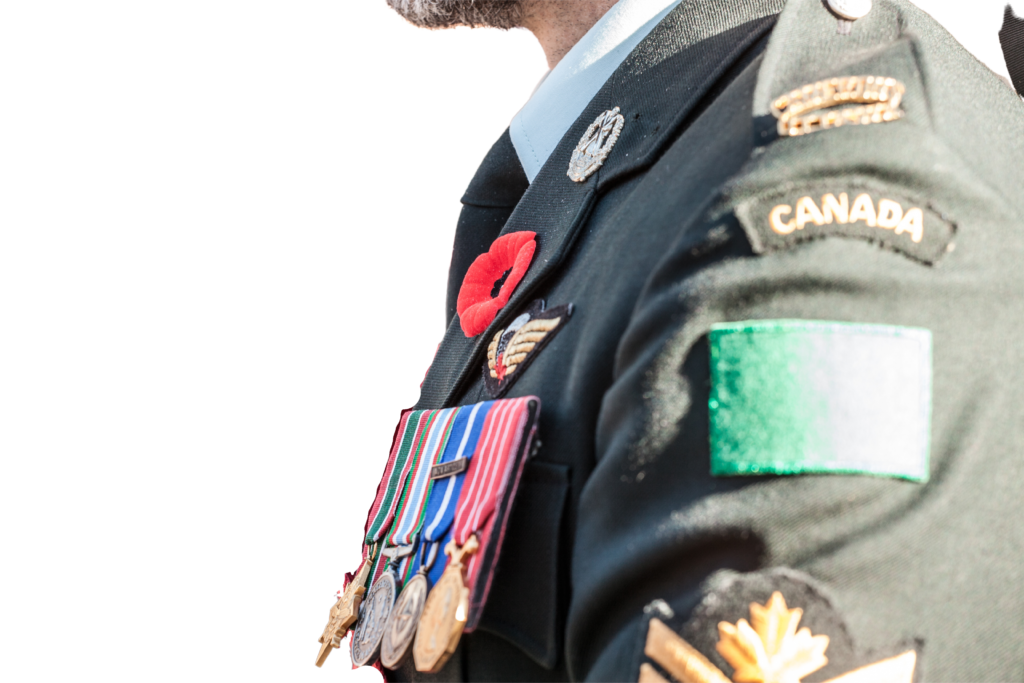How are veterans recognized currently?
and how well does this process work?
The policy for awarding military decorations and medals to military personnel and veterans is typically outlined by each branch of the military in their respective regulations and guidelines. These policies establish the criteria and circumstances for individuals to receive specific medals and decorations.
Key aspects of the current policy for awarding military decorations and medals include:

Each medal or decoration has specific criteria that must be met for an individual to be eligible for the award. This can include actions taken during combat, length of service, special achievements, or valorous acts.
The process for nominating individuals for awards often involves submitting documentation of the individual's actions or achievements to a review board or awards committee for consideration and approval.
Once an award has been approved, the appropriate military authorities authorize the award, and it is typically presented to the recipient in a formal ceremony or setting.
Military personnel and veterans can keep track of their awards and decorations through their official military records.
Overall, the policy for awarding military decorations and medals aims to recognize and honor the service, sacrifice, and achievements of military personnel and veterans in accordance with established criteria and procedures set forth by each branch of the military.
Awarding a medal to a veteran have both positive and negative impacts on a veteran’s morale. Below are some ways in which the current medal system can influence the morale of veterans.
Positive impacts
Negative impacts
The awarding of medals and decorations can provide veterans with a sense of recognition and validation for their service, accomplishments, and sacrifices. This recognition can boost morale by acknowledging their efforts and contributions.
Medals and decorations can instill a sense of pride and honour in veterans, reminding them of their service to their country and the values they uphold. This can contribute to a positive self-image and boost morale.
Medals serve as tangible reminders of veterans' achievements and experiences during their military service. They can serve as symbols of honour and remembrance, fostering a sense of pride and connection to their military service.
The awarding of medals can also facilitate peer recognition and camaraderie among veterans. Sharing experiences and achievements through medals can create bonds and solidarity within the veteran community, enhancing morale.
Some veterans may feel that the current medal system does not adequately recognize their contributions, sacrifices, or specific achievements during their service. This can lead to feelings of under appreciation and dissatisfaction, impacting morale.
Disparities in how medals are awarded or perceived can create feelings of injustice or inequality among veterans. If some veterans feel that their efforts are not fairly recognized compared to others, it can negatively impact morale.
The emphasis on medals and decorations can create a sense of pressure and competition among veterans, particularly in environments where recognition is highly valued. This competitive atmosphere can potentially strain morale and camaraderie.
Relying too heavily on medals as a measure of success or worth can lead to a superficial focus on external recognition rather than personal fulfillment or intrinsic motivations. This can detract from the true meaning and value of military service and impact morale.
Overall, while the current medal system can play a significant role in shaping veterans’ morale by providing recognition, validation, and pride, it is essential to address any shortcomings or disparities in how medals are awarded to ensure that all veterans feel valued, respected, and supported for their service and sacrifices.
